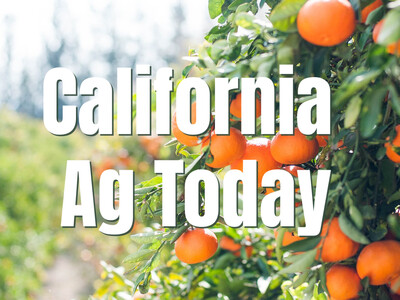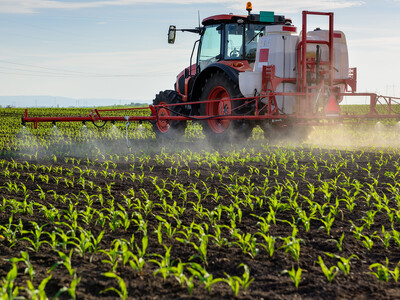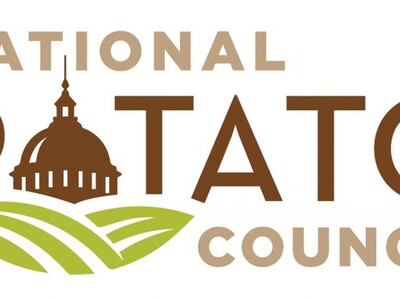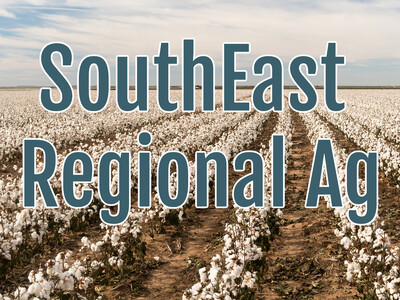Opting Out & Columbia's Tariffs
Opting Out & Columbia’s Tariffs plus Food Forethought. I’m Greg Martin with today’s Northwest Report.
Tired of getting 2, 3 or more phone books dropped on your doorstep? Seattle residents took the problem in hand and the Yellow Pages fought back asking a federal judge for a preliminary injunction against a Seattle ordinance that allows residents to "opt out" of receiving the Yellow Pages. The judge has denied that request. The Seattle City Council says the website that allows residents to opt out almost crashed in the first 12 hours it was up as some 8,800 people signed up. That's two to three percent of city residents.
Iowa Senator Chuck Grassley says the U.S.-Colombia Trade Promotion Agreement is finally back on the front burner. The Senator was pleased when the Obama Administration announced they had resolved their concerns with the trade deal and turned a corner on their negotiations with the country. Currently - Grassley says trade with Colombia is a one-way street.
GRASSLEY: Tariffs on some U.S. soybean exports to Columbia can be as high as 150%. Tariffs can be as high as 195% on some corn products. Under the trade agreement Columbia’s tariffs on agricultural products will either go to zero immediately or begin to phase out over the next few years.
Now with today’s Food Forethought, here’s Lacy Gray.
Wouldn’t it seem glaringly obvious that before any government decisions regarding land use development can occur all variables would need to be considered and weighed, especially any impact that such developments would have on agriculture? You would assume so, but then you and I would both be wrong; hence the need for Idaho’s recent amendment to the state’s land use planning act. The state’s former land use planning act didn’t recognize agriculture as a land use. Try rationalizing that info. House Bill 148 rectifies that by specifying that before any rezoning or development decisions can be made the overall affect those decisions may have on land used for agriculture must be carefully weighed and considered. Farmers are of course thrilled over the new bill, stating that it is a great step towards the protection and preservation of agricultural lands used for the production of food and will give agriculture equal footing when it comes to development decisions. Perhaps now zoning officials will thinks twice before giving approval to such ill-conceived notions as putting housing subdivisions butt up against livestock farms.
Thanks Lacy. That’s today’s Northwest Report. I’m Greg Martin on the Ag Information Network.














